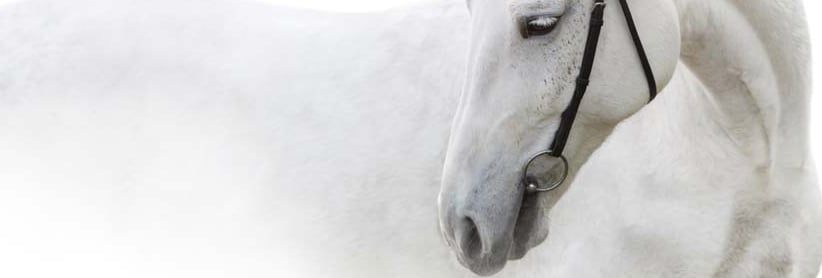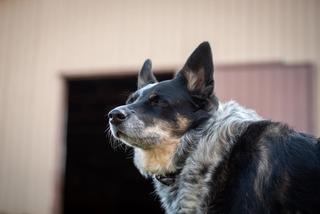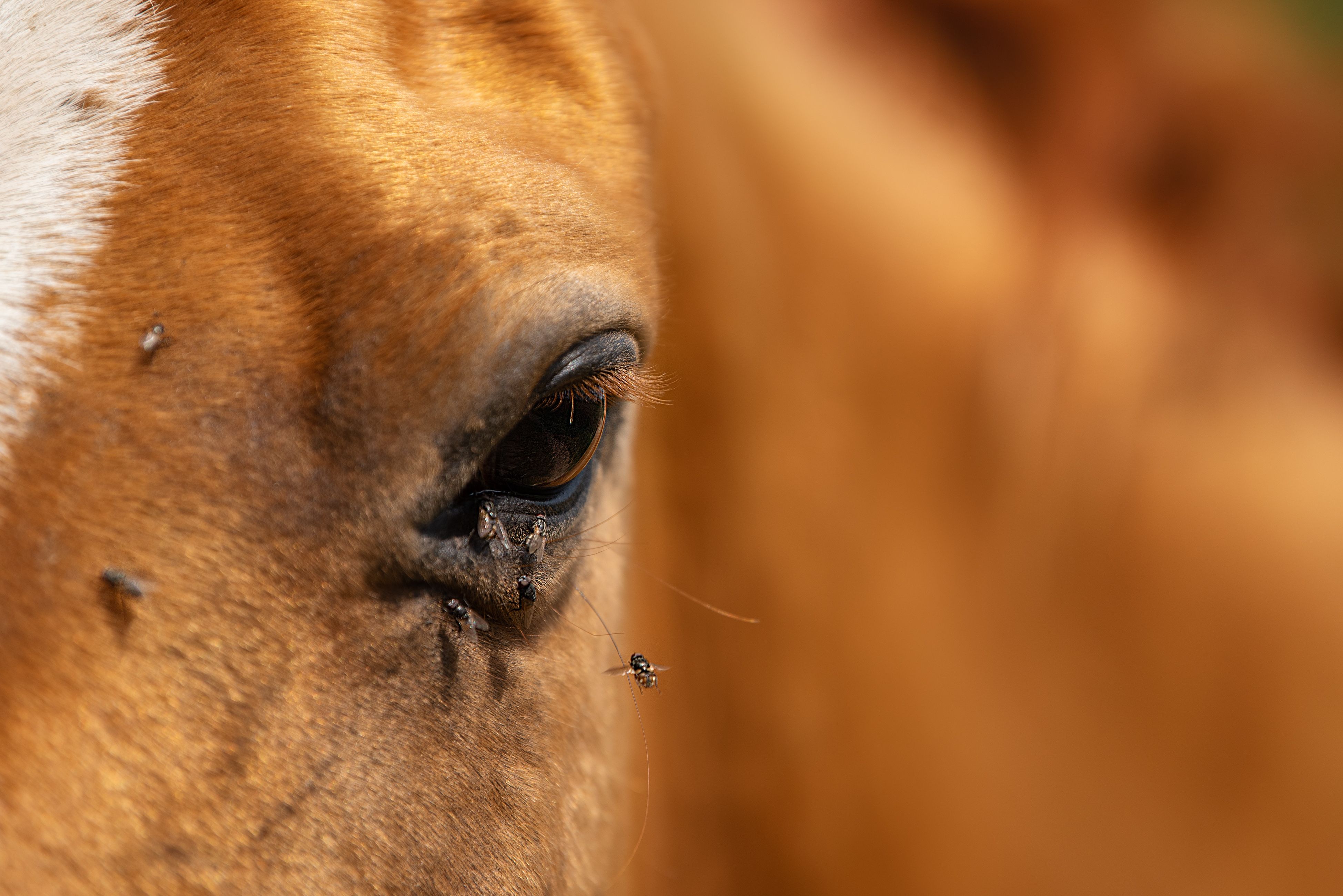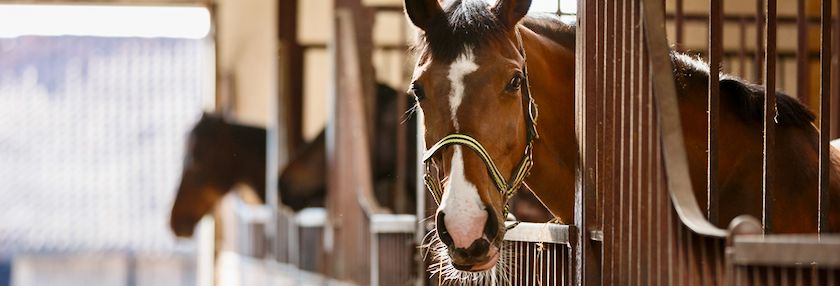Royal Approval: Queen Elizabeth II’s Favorite Livestock Breeds


April 21st, 2020 marked the 94th birthday of Elizabeth II, Queen of the United Kingdom and lifelong animal enthusiast. But though the Queen’s actual birthday falls in April, the formal celebration of the event occurs annually in June with an impressive extravaganza complete with a parade and two hundred horses. (The jury is still out on that public gathering, naturally.)
So we thought we’d take a few moments to highlight some of the livestock breeds that the Queen particularly loves. Some of these breeds are raised on the Queen’s various estates throughout England and Scotland; in other cases, members of the Royal family are patrons of organizations that promote those breeds.
So if you’d like to add a bit of Royal flair to your acreage, consider one or more of these Royally approved breeds.
Equine
It’s no secret that the Queen loves horses. She’s always been an avid equestrienne and was famously photographed riding one of her Fell ponies in 2018 at the age of 92. Her interest in Fell ponies, a British native breed, is said to date back to her childhood.
The Fell pony is quite rare in the United States at the moment (it’s listed as Threatened on The Livestock Conservancy’s Conservation Priority List), but the breed is admired for its hardy nature, its versatility, and its exquisite beauty (usually black with an abundance of feathering on the legs).
But Fell ponies aren’t the Queen’s only love—she also raises Highland ponies (under the Balmoral prefix) and Shetland ponies. While Shetland ponies need no introduction in the United States, the Highland pony is still rare. It’s similar in size to the Fell pony (both are in the 13 to 14 hand range) and is found in several colors. In Scotland, the Highland pony was historically used on small farms, and it was Queen Victoria’s interest in the breed that sparked the Royal family’s association with Highland ponies.
But lest you think that the Queen only enjoys diminutive equines, be assured that she’s also quite fond of the Thoroughbred horse. She attends each day of the week-long Royal Ascot racing meet each June, and her own Thoroughbreds have achieved success in races over the years.
The Queen even attended the Kentucky Derby as a spectator in 2007.
Cattle
The Royal farms are also home to a trio of cattle breeds: Highland, Jersey, and Sussex. While many people are familiar with the large-eyed beauty of the Jersey cow and its superlative milk production, the Highland and Sussex breeds aren’t as common in America. These beautiful classic breeds have a lot going for them, including docility and longevity. The Queen has raised Highland cattle since 1953 at her home in Balmoral, while her Sussex cattle reside at her estate in Windsor.
Chickens
In the British Royal family, Orpington chickens reign supreme. This beloved breed is particularly admired by Prince Charles, perhaps something he inherited from his grandmother, the Queen Mother, who praised this breed and was the Patron of the Buff Orpington Society in the UK.
Orpingtons are popular in the U.S., too—admired for their impressive egg production and their friendly dispositions.
Pigs
They say that apple doesn’t fall far from the tree, and it’s true in the case of Queen Elizabeth II and her daughter Anne, the Princess Royal. Anne is a noted equestrienne and former Olympic rider (she competed at the 1976 Olympic Games in Montreal), but she’s also fond of pigs.
In particular, the Princess Royal is fond of Gloucestershire Old Spot pigs, which she raises on her estate in Gloucestershire. She’s also the patron of the Gloucestershire Old Spots Pig Breeders' Club, which seeks to promote this historic breed. Known as the “Orchard Pig” thanks to its affinity for snacking on windfall apples, the Gloucestershire Old Spot is particularly valued for its excellent maternal skills, its delicious meat, and its docile temperament.
Tags:Horse Sense

Acreage Life is part of the Catalyst Communications Network publication family.
















